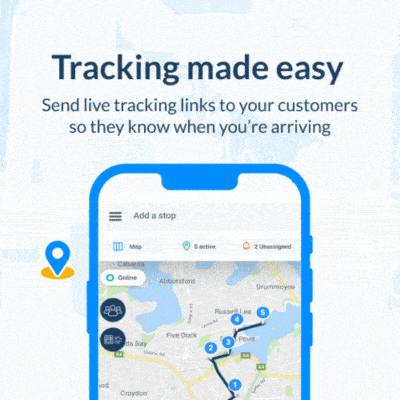Amazon’s internet-from-space initiative, Project Kuiper, is ready for a giant leap. The retail giant received approval to purchase a small piece of land in New Zealand.
The Overseas Investment Office (OIO) in Wellington granted consent for Amazon to acquire a 500-square-meter site at an undisclosed location.
This development marks a crucial step in Project Kuiper’s timeline, essentially Amazon’s answer to global connectivity.
Project Kuiper: Amazon’s satellite internet services
Project Kuiper, first announced in 2019, is Amazon’s venture into the satellite internet market, to provide fast and affordable connectivity to underserved communities around the globe.
While the exact location remains under wraps for now, Amazon’s purpose is clear: to build on its success in e-commerce and cloud computing by expanding into space.
It’s not the first company to do so. Competitors include Elon Musk’s Starlink and OneWeb. Meta has shown interest in providing global internet access, and Google, for a time, worked on the now-discontinued Project Loon.
Despite not being the first to enter this space, Amazon is a formidable contender. It has the resources and know-how – from proven technological expertise to experience in building and maintaining global infrastructure systems.
New Zealand operations
Amazon says the purpose is to manage local operations while supporting the global scope of this project.
Not only will it expand Amazon’s global footprint, but the site in New Zealand will serve a dual purpose: to support the international Project Kuiper network while also providing broadband services in New Zealand.
And since the site is strategically positioned in the Southern Hemisphere, it could (potentially) offer improved internet coverage to a large part of the world often underserved by traditional internet infrastructure.
Project Kuiper timeline
If all goes according to plan, the retail giant will have more than 3,000 satellites in low Earth orbit (LEO), making it a direct competitor to Starlink. As of August 2024, Starlink has 6,290 working satellites in orbit.
Amazon anticipates launching the first batch of satellites before the end of this year, with customer tests slated for 2025. If it’s successful, commercial services will follow in the coming year or two.
The success of Project Kuiper could have far-reaching implications, not just for Amazon’s business but for global connectivity as a whole.
Image credit: About Amazon.
Share this article
About the author
Cheryl has contributed to various international publications, with a fervor for data and technology. She explores the intersection of emerging tech trends with logistics, focusing on how digital innovations are reshaping industries on a global scale. When she's not dissecting the latest developments in AI-driven innovation and digital solutions, Cheryl can be found gaming, kickboxing, or navigating the novel niches of consumer gadgetry.













